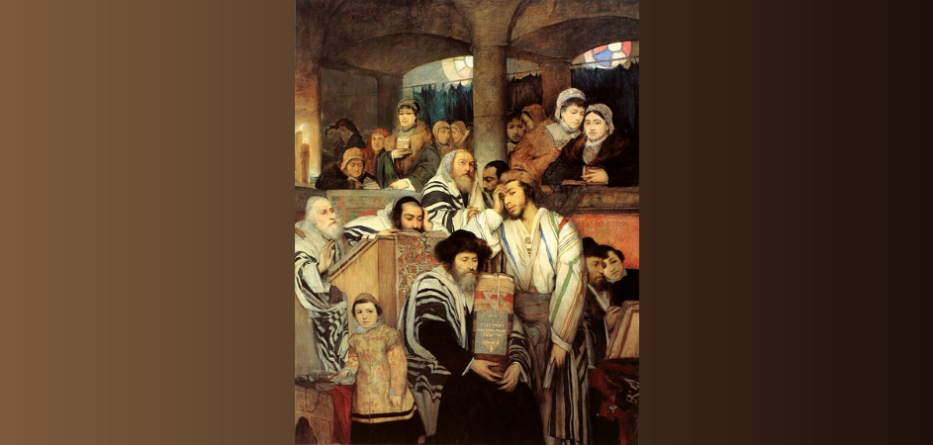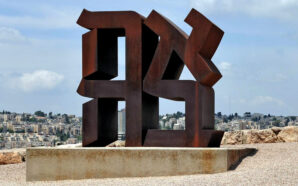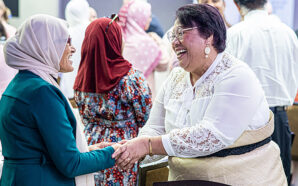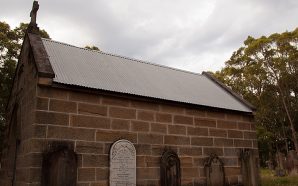October 11-12 Yom Kippur
For Jews Yom Kippur is the greatest observance of the year. It is a day of atonement and of repentance, in which we acknowledge our sins and seek pardon for them both from God and from those who we have offended. It comes a week after the New Year feast of Rosh Hashanah.
The observances both of Rosh Hashanah (Oct 2-4) and of Yom Kippur (Oct 11-12) are prescribed in Chapter 23 of the Book of Leviticus, which in Jewish tradition is conflated with the stories of Moses in the Book of Exodus. He twice went up Mount Sinai to receive the Law that confirmed both God’s promise to Israel and the people’s promise to observe the Law. The Feast of Rosh Hashanah recalls the first of these ascents, in which, according to later Jewish reflection, God placed the names of those saved in the Book of Life.
After Moses descended the mountain to find the people worshipping the Golden Calf, he broke the stone Tablets of the Law to signify the annulment of the Covenant, the agreement God had made with the Jewish people. God then instructed Moses to climb the mountain again. There he received a second set of Tablets of the Law and announced to the people that God had forgiven their sins and had definitively renewed the Covenant with them. This second ascent of Moses and the sin of the people and the call for atonement are reflected in the observance of Yom Kippur.
It is concerned with the large themes of God’s promise, the sin and repentance of the people, and God’s forgiveness and renewal of the Covenant. It focuses on atonement, which includes acknowledgment of breaking God’s Law, the call to atone for it and be cleansed of it, to be reconciled with enemies, and to celebrate God’s forgiveness. It is accompanied by prayer, fasting and other signs of grief and repentance.
Though anchored in different stories, the themes of Yom Kippur resemble those of the Christian season of Lent and the Muslim Ramadan. As has been the case with Christian feasts, too, Yom Kippur has been influenced by disasters that confronted the Jewish people and the responses made to them. Central among these were the exile to Babylon and the loss of the First Temple and the seemingly final and total destruction by the Roman army of the Second temple in Jerusalem. The loss was catastrophic because Jewish life, devotion and practices were so tightly bound to the Temple and to the sacrifices and ritual associated with it. The destruction of the Temple tested belief in the promises that God had made to the people.
For over three hundred years after the Roman demolition of the Temple, the Roman Emperors forbade the Jews to enter Jerusalem for all except one day of the year. They then gathered at the Western Wall, closest to the site of the destroyed Temple, to lament its loss.
In more recent years the observance of Yom Kippur has inevitably also been coloured by the Holocaust and the founding of the Jewish State, and the beginning of the war against Egypt and Syria in 1973 (the Yom Kippur War). These events and their implications for understanding the presence of God among the people are woven into the themes of loss and of hope, of sin and repentance, and of covenants broken and restored, which lie at the heart of Yom Kippur. It remains a central Jewish observance. It binds the people together.
This year, as so often in Jewish history, Yom Kippur will be commemorated at a time of crisis. It invites those who observe it to reflect on the directions of national as well as of personal life. That reflection does not focus on pride at what has been achieved but on the acknowledgment of infidelity and moral failure and on asking for forgiveness. For those of us who join them in prayer it encourages us to lament and to put an end to the war in Gaza.
Fr Andrew Hamilton SJ writes for Jesuit Communications and Jesuit Social Services.








